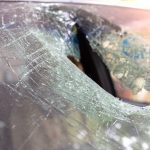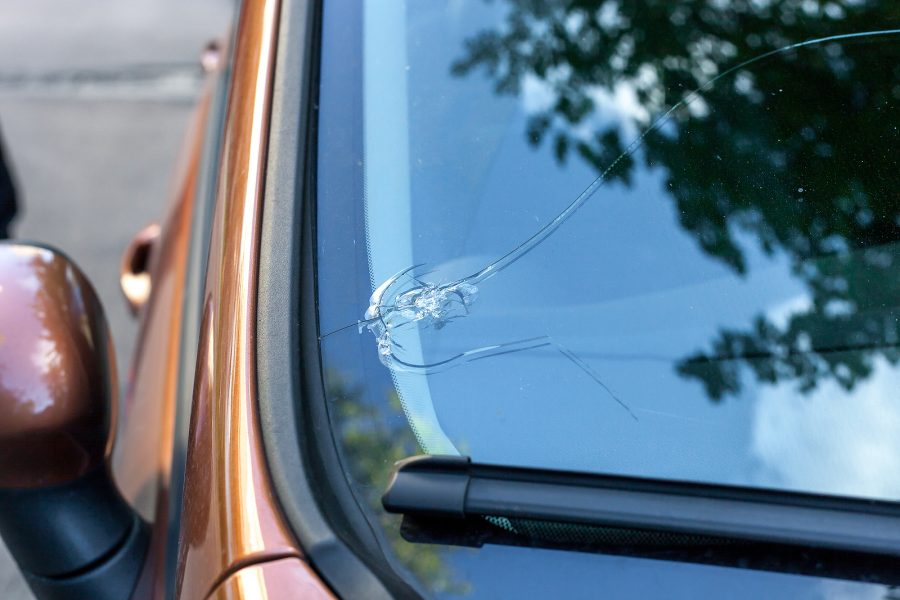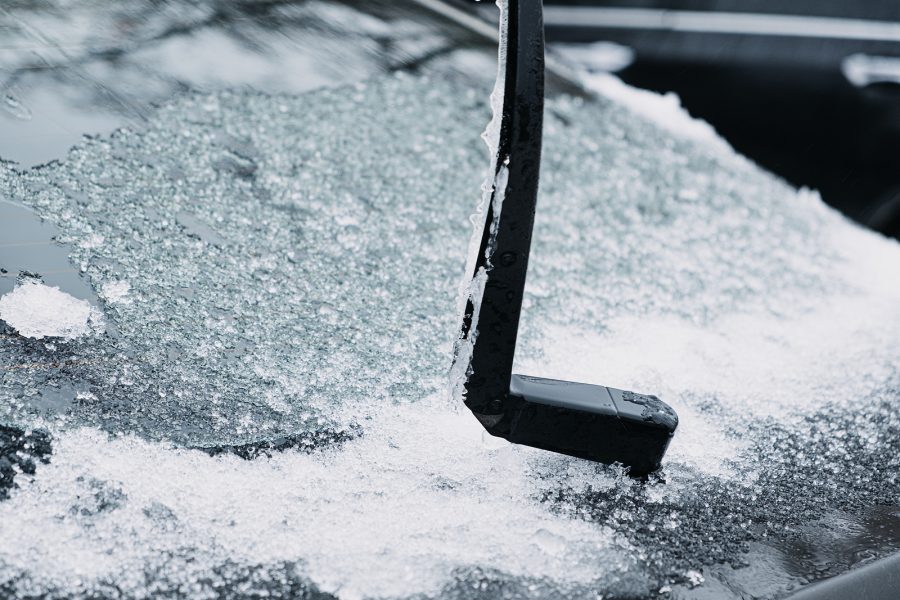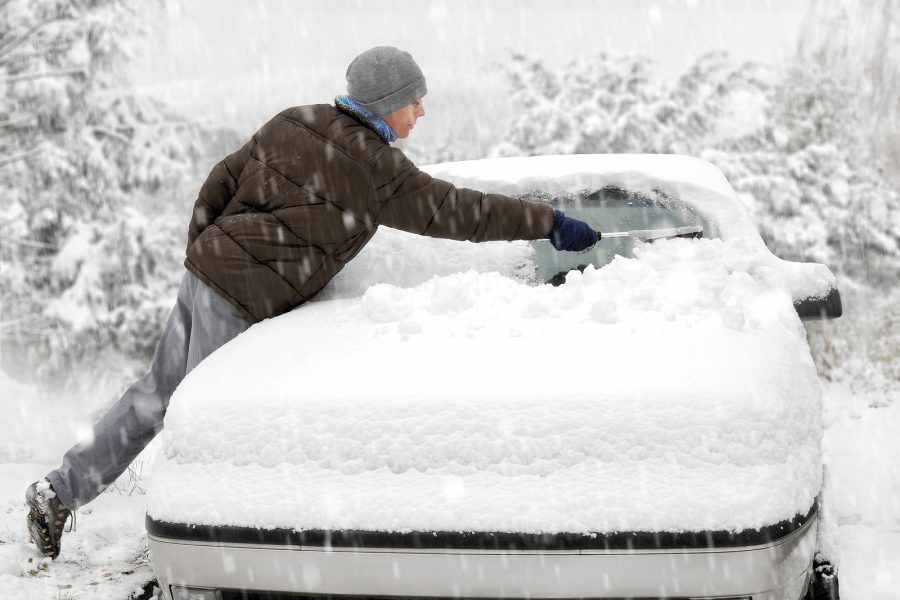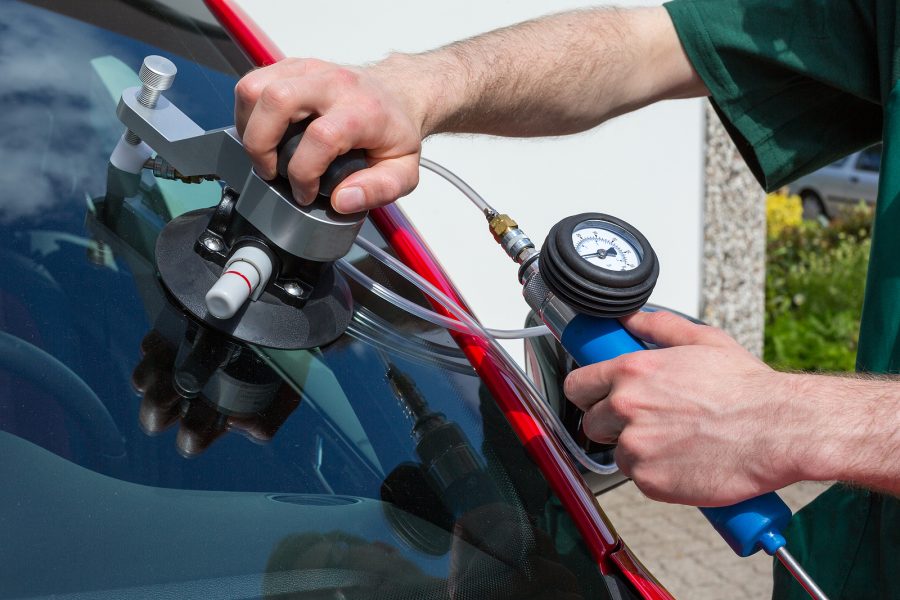The wear and tear of regular car use, especially for long journeys can cause car windscreens to become cracked and damaged. The windscreen is obviously a vital part of a vehicle, as it allows drivers to see the road and any important hazards. Motorists can be stopped by police officers and issued penalties if their windscreen is damaged.
While the coronavirus has the world on lockdown, it is a good opportunity to perform simple tasks and give your car some TLC, some jobs require the employ of a professional, such as repairing or replacing a damaged windscreen.
A total of 7.6million road vehicles are said to be in use across the UK despite having windscreens which need urgent repair work, according to motoring specialists Halfords. Data from the group found 20 per cent of motorists have driven with a broken or damaged windscreen in the past despite the increased risks.
Drivers may be shocked to find out that they could be issued charges of up to £300 from their car insurance company for the damage to a windscreen, and in some cases discover that their policy has been invalidated by their insurance firm, forcing car owners to pay for expensive repairs out of their own pocket.
The issues arise from the use of non-standard parts from unofficial dealers, as this could be considered a modification. Modifications can be considered anything that takes a car away from its original specification so could also be an issue with non-approved parts, which could see insurance companies handing out steep excess charges.
If your insurance has reason to believe you have intentionally misled them about the replacement parts used, it could invalidate your insurance completely. Motorists would be forced to arrange and pay for their own repairs, and even discover they are blacklisted from many traditional vehicle insurance firms.
This would force car owners to take out cover with specialist companies, who likely charge more to take out an agreement.
A spokesperson for Volvo says alternative options may not meet specifications which may affect safety technology. They highlighted Volvo features such as City Safety functions that may become ineffective due to not having correct car parts in place.
The Volvo spokesperson said: “A Volvo genuine windscreen is manufactured to the same specifications as the windscreen originally assembled in the car and offers perfect fit, exact tolerances and maximum precision.
Aftermarket alternatives that don’t meet these exact specifications may affect the car’s passive safety technology as well as active safety functions such as City Safety.”
Windscreens which are not built to the exact specifications required may not be re-calibrated to fit existing vehicle features and specifications, which can lead to further safety concerns.
Rupert Armitage, managing director of Auto Windscreen said vehicles were an accident waiting to happen. This was because not enough was being done to ensure safety was maintained and that advanced driver assistance systems (ADAS) were working after a windscreen replacement.
Mr Armitage said: “There is still not enough being done within our industry to ensure driver safety is maintained and that ADAS are performing as the manufacturer intended after a windscreen replacement; it’s an accident waiting to happen.
“Our industry needs to take responsibility for recalibration and view it as part of the windscreen repair journey, not as an optional extra.”
He added: “From the outset, customers should be given clear information as to why recalibration is needed as soon as possible after the glass is replaced and have this organised on their behalf as part of their windscreen claim.”
Drivers must get a damaged windscreen replaced in the event of an accident, as driving with a damaged windscreen could have major consequences, with either running afoul of the law, or the risks of causing or being involved in an accident.
Alongside the safety implications of travelling with a faulty windscreen, motorists could face penalties from police officers. Driving with a small crack on a windscreen can obscure your view and leave drivers with a fixed penalty fine and three points on a driving licence.
Cracks 40mm in size will automatically cause a car to fail its MOT test although this can be as short as 10mm if it falls in a certain area of glass most likely to obscure your view. Motorists must demonstrate they have a clear vision of the road surface at all times and are likely to face punishments if the car is considered to be a danger.
Even though MOT tests have been suspended during the pandemic, it is still essential to ensure your vehicle is safe to drive. In some severe cases, motorists can be charged for careless driving which carries a penalty of £2,500 and nine penalty points.
Are you in need of windscreen replacement services? Get in touch today!



